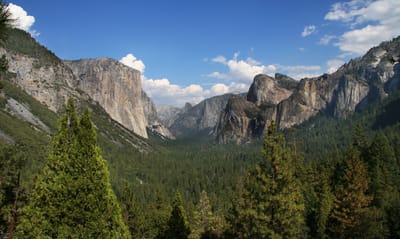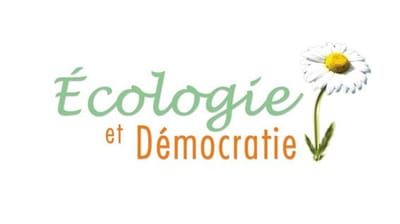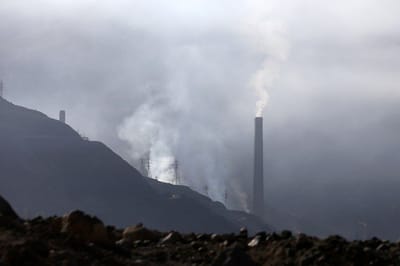PHILOSOPHIE DE L'ÉCOLOGIE / PHILOSOPHY OF ECOLOGY
In the 19th century, from Emerson to Thoreau, American thought developed an ecological conscience, changing the nature of a melancholy figure to a vast space to discover but also to protect… Are the United States the origin of the modern environmental ethics? At the end of the 19th century, in the United States, the creation of national parks like Yosemite Park testified to the emergence of new ecological values. Through the concept of wilderness, American thinkers like Ralph Waldo Emerson, Henry David Thoreau or Aldo Leopold, develop tools for saving nature as a canonical ethics of preservation for Leopold. In the United States, the latter is considered the father of environmental protection and the founder of modern environmental ethics.
Read MoreThirty years ago, the scientific community warned of global warming and climate change ... Today, we are taking the path it predicted. Is the ecological emergency incompatible with democracy, slow in its operation? Why is ecological urgency not expressed in the ballot boxes? Green candidates are hardly popular. In 1974, René Dumont (1904-2001), agronomist and first candidate under the label ecologist for the presidential elections, published a committed electoral manifesto: "You choose: ecology or death". He won only 1.32% of the vote but was the contested candidate for a growth society incompatible with social and environmental well-being and founded political ecology.
Read MoreAre we headed straight for an ecological disaster? On what philosophical presuppositions are the catastrophist discourses based? Is his goal to motivate awareness so that the disaster does not happen?
Read More

